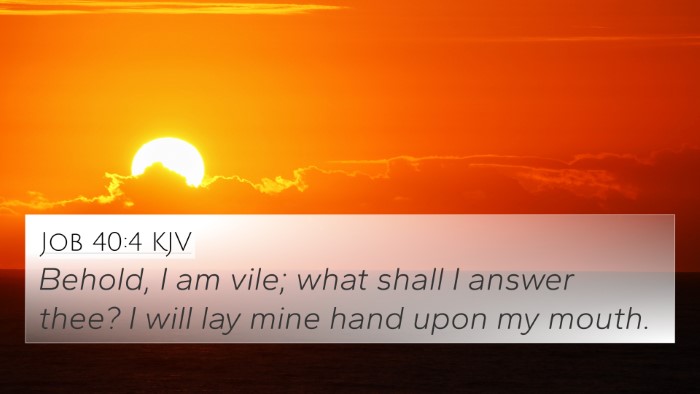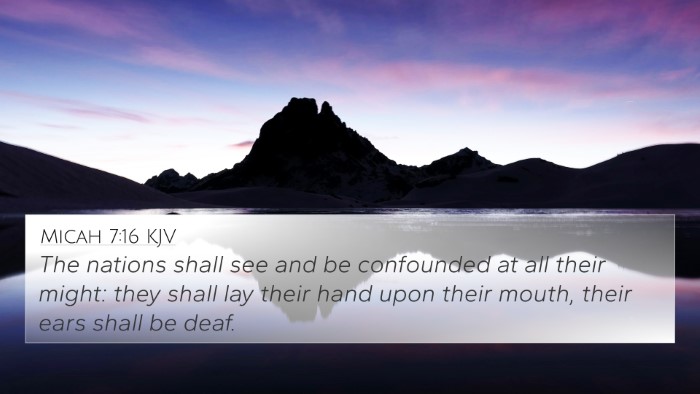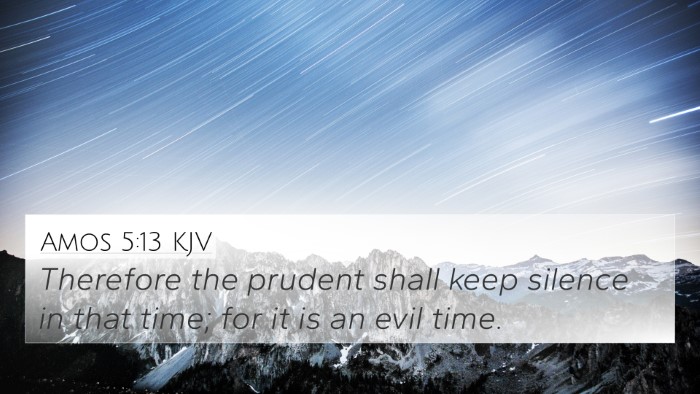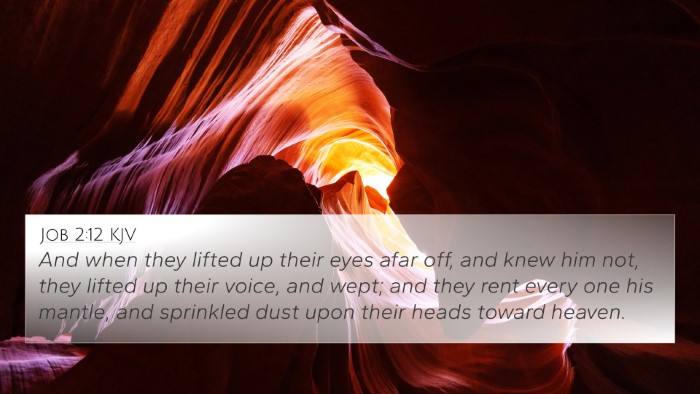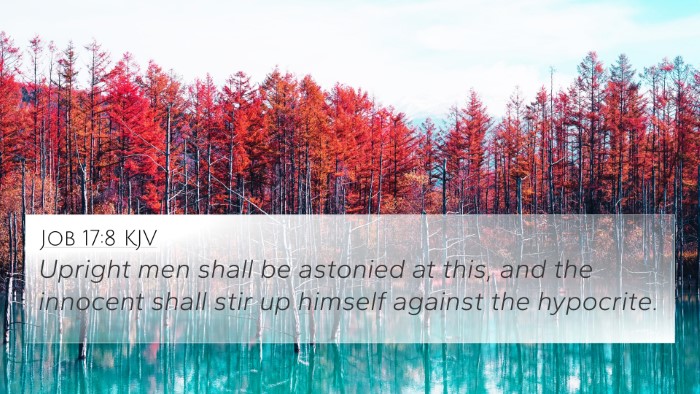Old Testament
Genesis Exodus Leviticus Numbers Deuteronomy Joshua Judges Ruth 1 Samuel 2 Samuel 1 Kings 2 Kings 1 Chronicles 2 Chronicles Ezra Nehemiah Esther Job Psalms Proverbs Ecclesiastes Song of Solomon Isaiah Jeremiah Lamentations Ezekiel Daniel Hosea Joel Amos Obadiah Jonah Micah Nahum Habakkuk Zephaniah Haggai Zechariah MalachiVerse
Job 21:1 Job 21:2 Job 21:3 Job 21:4 Job 21:5 Job 21:6 Job 21:7 Job 21:8 Job 21:9 Job 21:10 Job 21:11 Job 21:12 Job 21:13 Job 21:14 Job 21:15 Job 21:16 Job 21:17 Job 21:18 Job 21:19 Job 21:20 Job 21:21 Job 21:22 Job 21:23 Job 21:24 Job 21:25 Job 21:26 Job 21:27 Job 21:28 Job 21:29 Job 21:30 Job 21:31 Job 21:32 Job 21:33 Job 21:34



